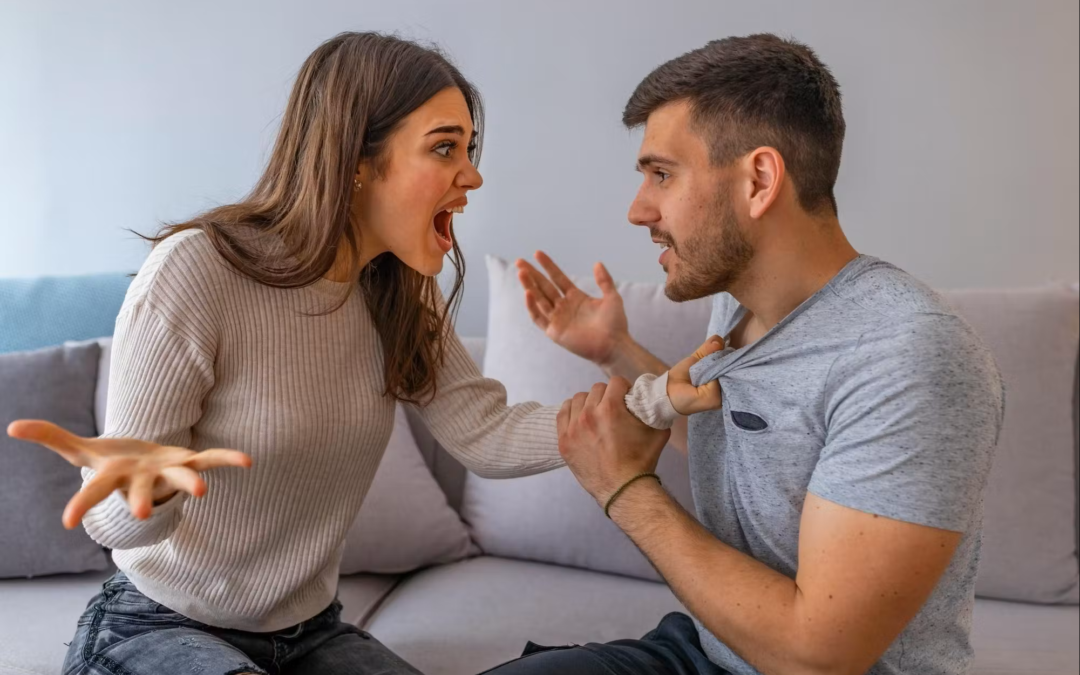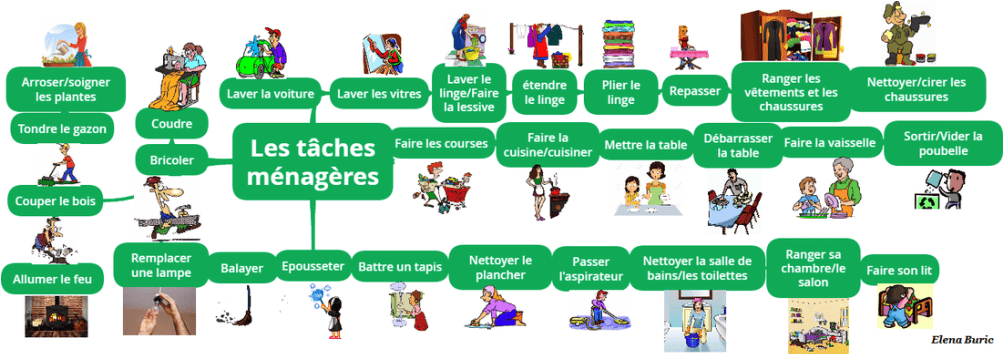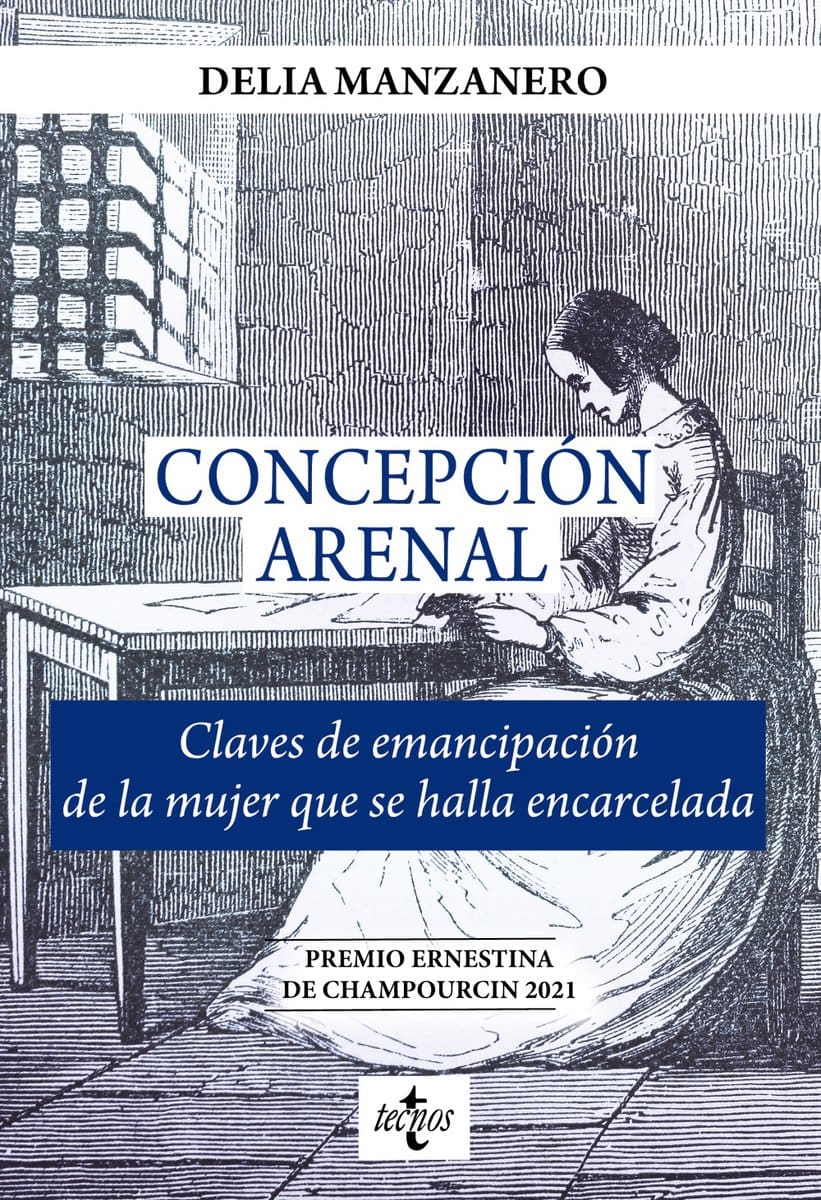Study examines the taboo of battered men
Par Pauline Rumpf, journaliste à 20 minutes en ligne, 6 janvier 2021
Although domestic violence against men is a minority issue, it is a little-known but very real problem. Geneva is a pioneer in Europe in recognising this phenomenon.
Every year, the end of November is devoted to raising awareness of and preventing the various forms of violence against women: discrimination, street harassment, domestic violence, feminicide, sexual assault, etc. But while the majority of women suffer and die from it, men are also sometimes victims of domestic violence, under cover of another form of taboo. Psychologist Sophie Del Duca is studying this growing phenomenon in a thesis she is currently writing, in which one of the sites she observed was the HUG.
One victim in 10 is a man
I became interested in Geneva because it is home to one of the only associations in Europe offering specific support to male victims of domestic violence, Pharos-Geneva,” explains Sophie Del Duca. Male victims very rarely come to the fore, or else the focus is on violence within gay couples, to the exclusion of issues affecting straight men. This tendency reinforces the shame felt by these specific victims, and the silence in which they risk shutting themselves away. They say little about their feelings, tend to self-medicate and somatise, while continuing to idealise their partner for fear of abandonment”.
How many of them remain in the shadows?
The figures found by the researcher vary from 7 to 15% of male targets for domestic violence cases in hospitals in Europe. Almost 10% of victims of domestic violence treated at the HUG by the Interdisciplinary Unit for Medicine and Prevention of Violence (UIMPV) are men. And the researcher suspects the existence of a “black figure”, a proportion of men who remain in the shadows. In an article co-authored by UIMPV assistant physician Emmanuel Escard and others, it is estimated that 25% of men in Geneva have suffered domestic violence in the course of their lives. Men also sometimes die at the hands of their partners, although the statistical imbalance remains high.
Women hit harder with objects
As well as the frequency, the type of violence is also different, notes Emmanuel Escard. “Straight men are less likely to be the victims of serious physical or sexual violence, but more likely to be the victims of psychological violence”, he reports. The testimonies gathered by Sophie Del Duca do mention physical violence, but she confirms that it often takes a different form. It seems that female attackers use more objects, whether to hit or burn, or as targets for their attacks, and particularly target the upper part of the body”, she explains. They are also part of a pattern of control and deprivation: economic, sexual, even of children.”
On the other hand, there are certain factors that unite couples who engage in violence, whatever it means. There is usually a co-dependent relationship, emotional fragility or a power imbalance between the partners.
“I was trapped”
In the hell I went through, my ex was extremely jealous, to the point of sniffing my scent to detect that of another woman,” says Salif*. Then the violence came gradually. She insulted me, then slapped me, broke dishes and punched me. She even threw a piece of furniture at me. But apart from that, she said that she was the one who was beaten, and if I fought back just once, that was the end of me. She tried several times to push me into it, and also forced me to perform sexual acts, because if I refused she would scream bloody murder in the middle of the night. It would have been obvious to the neighbours that she was the one being beaten… I was trapped. Fortunately, I had a friend who was a policeman who took me seriously and helped me. I didn’t press charges.
*alias
A taboo linked to “male strength”
Responding to complaints or seeking support often seems to be a problem. Male victims are rarely taken seriously, or even mocked, because it calls into question a certain vision of male strength,” analyses Sophie Del Duca. In fact, abused men often don’t fit into a patriarchal logic, or end up detaching themselves from it.”
She adds that distinguishing the aggressor from the aggressed is a delicate exercise; police officers and therapists alike are often instinctively more suspicious of men than women.
The subject of violence against men is surrounded by a certain taboo, not only because it calls into question the archetypes of masculine power and feminine gentleness present in society, but also because we must not overshadow the violence suffered by women, which is much more frequent and structurally more entrenched. “I was clearly told that my thesis topic was interesting, but that it was too early,” laments Sophie Del Duca, even though she describes herself as a feminist. “Moreover, one of the challenges is to deal with this subject without politicising it too much, by sticking to the clinical field, and consequently without exciting the masculinist movements who would like to exploit it for dubious ends. Even if, to date, they are the only ones to have taken an interest in the subject, referring to the ‘crisis of contemporary masculinity’.
The points of view expressed by the authors of videos, academic or non-academic articles, blogs, academic books or essays (“the material”) are those of their author(s); they in no way bind the members of the Global Wo.Men Hub, who, amongst themselves, do not necessarily think the same thing. By sponsoring the publication of this material, Global Wo.Men Hub believes that it contributes to useful debates in society. The material could therefore be published in response to others.







Commentaires récents